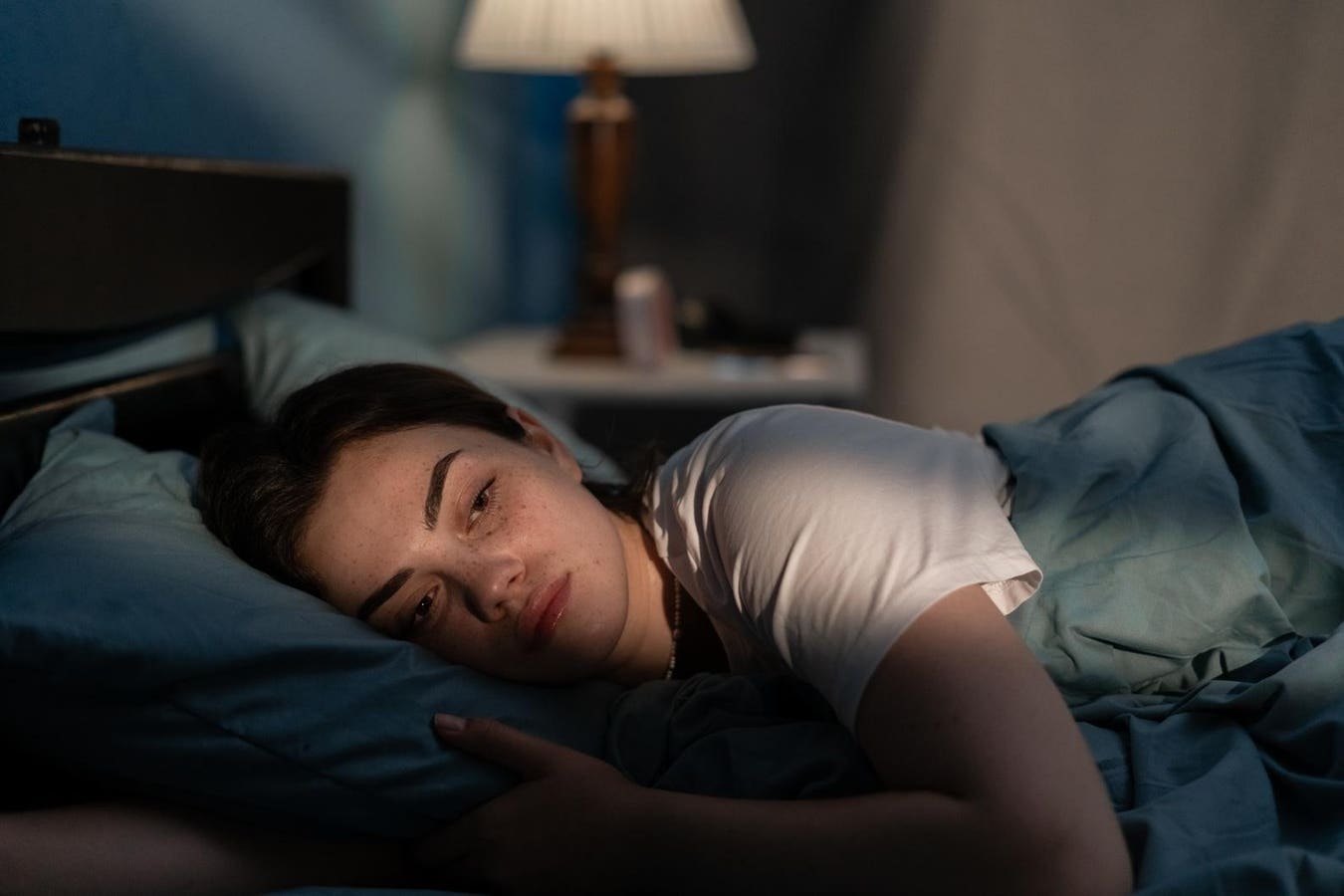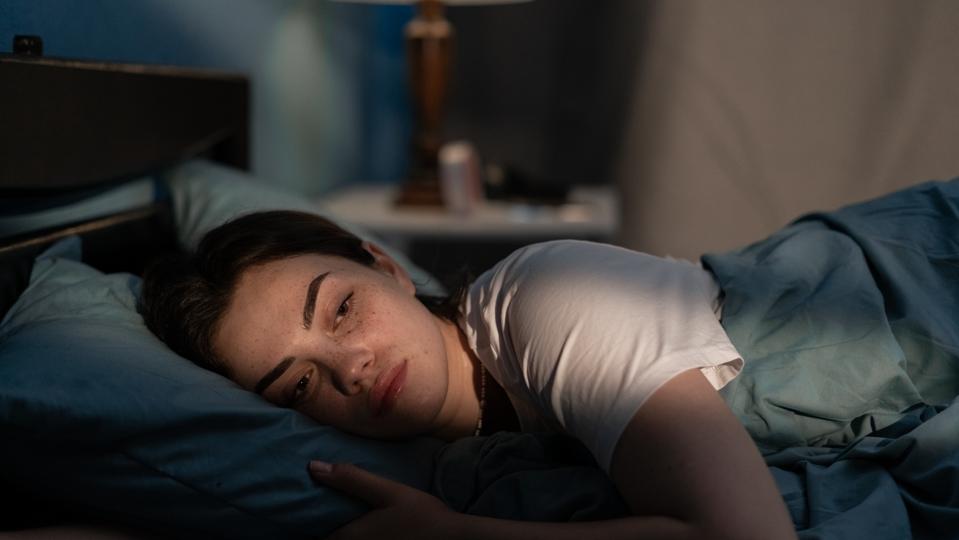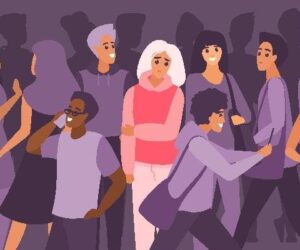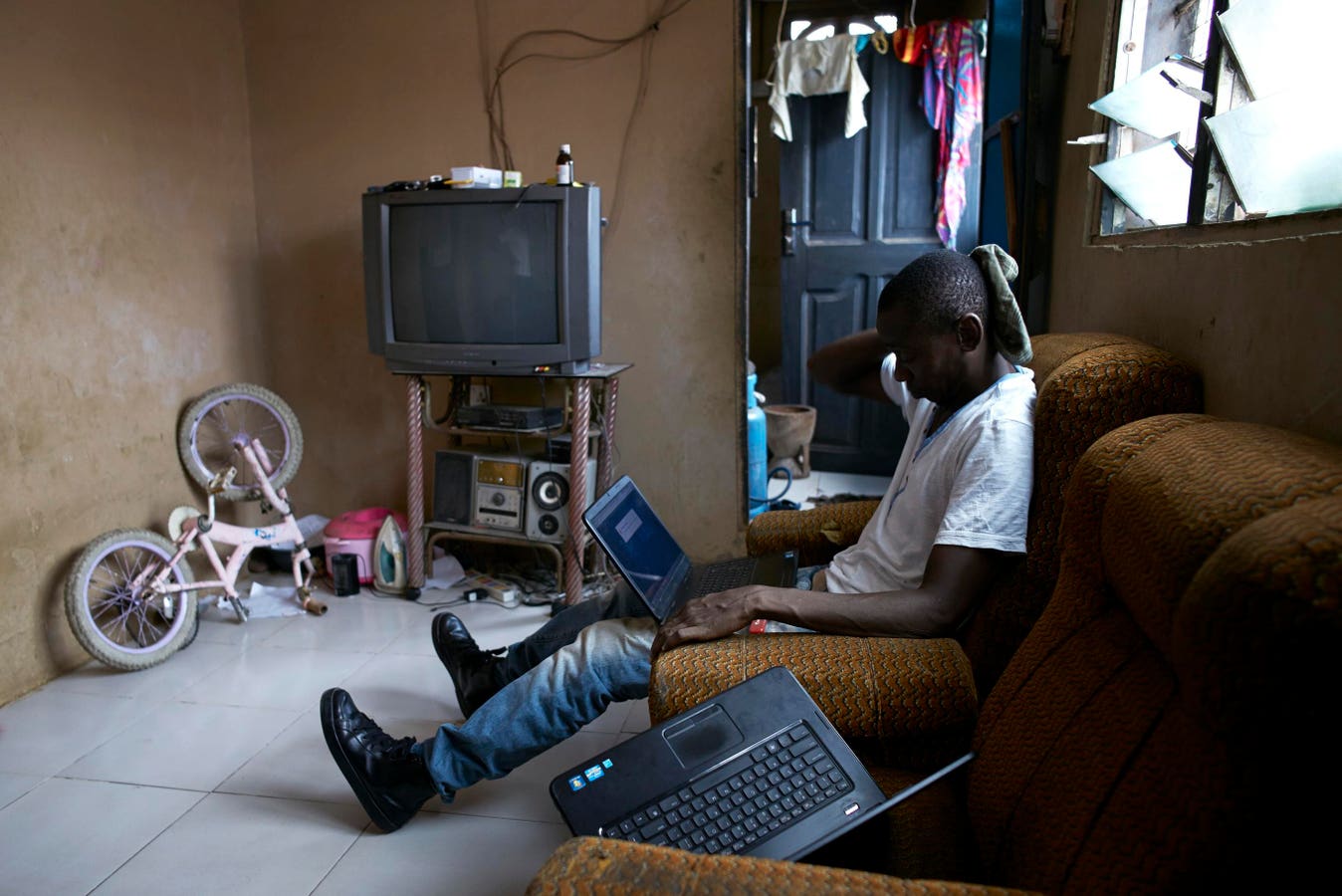Summer nights can leave you sleepless. There are many drug-free ways to improve the quality and … More
Some people have no trouble sleeping on winter nights. But when summer hits, sleep troubles start. This phenomenon is called “summer insomnia”. It’s like regular insomnia — defined as difficulty falling or staying asleep three nights a week for at least three months plus next-day fatigue.
Yet summer insomnia is triggered by seasonal forces: the extra daylight, nighttime heat and lifestyle shifts with long weekends, outdoor dinners and family vacations.
Why Summer Makes It Harder For Some To Fall And Stay Asleep
Many elements of summer can disrupt our sleep. The first issue: summer heat leads to a warmer bed. A hotter sleeping environment blocks sleep initiation and the ability to enter slow-wave sleep, as the core body temperature needs to drop by about one degree Fahrenheit early in the night.
The later evening light of summer can also suppress melatonin, the sleep hormone. Other sources of summer light, like LED patio bulbs, and our year-round smartphones can add more blue-rich light. This additional light push the “sleep gate” – when the body is most receptive to falling asleep — later and can reduce restorative sleep.
The social nature of summer also scrambles circadian rhythms. School breaks, late dinners and fireworks displays shift bedtimes by sometimes two or more hours on weekends. This is essentially the same as flying two time zones west every Friday. Summer barbecues and partying come with more alcohol, when disrupt REM sleep. Pollen counts inflame nasal passages, boosting snoring and overnight awakenings.
How Summer Insomnia Can Impact Your Health
These tiny nightly sleep losses accumulate. Chronic sleep deficits heighten drowsy-driving crash risk and workplace errors, elevate anxiety and irritability, and correlate with increased depressive symptoms.
Physiologically, persistent insomnia can worsen insulin resistance, increase blood pressure and push systemic inflammation the wrong way – which can be the stepping-stones to diabetes, obesity, and coronary artery disease.
10 Ways To Deal With Summer Insomnia
There are many ways to help address summer insomnia. Here are ten of them:
- Dial-Down Your Bedroom Temperature. Aim for 60–67 °F (15.6–19.4 °C). If central AC is impractical, use cross-ventilation with a fan or consider a water-circulating mattress pad that cools without chilling the entire house.
- Optimize Your Light Exposure. According to Andrew Huberman, getting morning sunlight can help reset circadian rhythms, letting the body know when the day starts. At night, the body should know it’s nighttime: Use blackout curtains, amber-tinted glasses after dusk and dim / avoid screens and smartphones before bed.
- Shift Sleep Your Schedule Gradually. Two weeks before peak heat, trying move bedtime and wake-time 15 minutes earlier every three nights. This slow nudge can help keep melatonin levels stable before delays set in.
- Exercise and Shower Strategically. Finish vigorous workouts by late afternoon; follow with a lukewarm shower an hour before bed to create a rebound cooling effect.
- Close The Kitchen Early. Avoid heavy meals and alcohol at least two hours before sleep. Hydrate with water or herbal tea instead of finishing the day with a beer or martini.
- Upgrade Your Bedding. Swap winter flannel for moisture-wicking cotton or linen sheets. Lightweight, breathable fabrics help skin shed heat all night long.
- Mind the Pollen. Treat seasonal allergies aggressively—earlier in the day if you use sedating antihistamines—to reduce congestion-induced awakenings.
- Use Relaxation Techniques. Practices such as deep breathing, progressive muscle relaxation and guided meditation can reduce the stress interferes with sleep.
- Plan Social Nights Wisely. Avoid stacking back-to-back late events. Give your body at least two normal-routine evenings each week to reset.
- Review Medications. Some antidepressants, beta-blockers, sleep aids (like antihistamines and others) interfere with thermoregulation or sleep/REM architecture; consult your clinician about summer dosage tweaks.
The Bottom Line On Summer Insomnia
Understanding the role of heat, light and lifestyle changes, including relaxation methods, can give you the tools to fight back against summer insomnia. A cooler, darker bedroom, a steady sleep-wake schedule and thoughtful morning and evening habits protect not just next-day energy but long-term metabolic and mental health.
After implementing the above strategies, if you still are regularly logging fewer than seven high-quality hours a night, consider seeing a board-certified sleep specialist. An underlying problem like sleep apnea may surface with the summer’s stressors.
Ultimately, we need to respect our circadian biology. By doing so, we can address summer insomnia so the long summer days don’t have to lead to bleary-eyed mornings.









